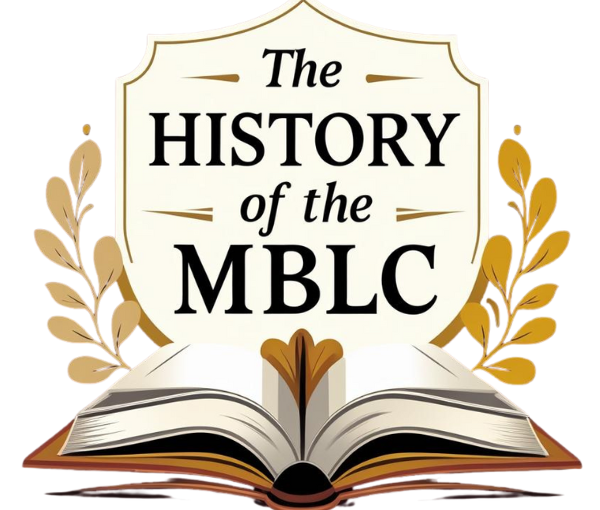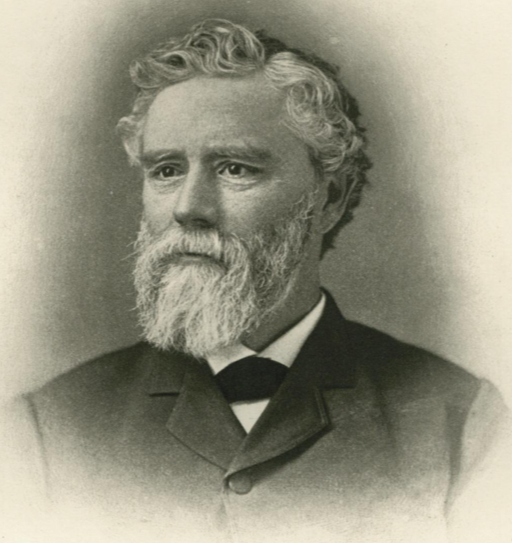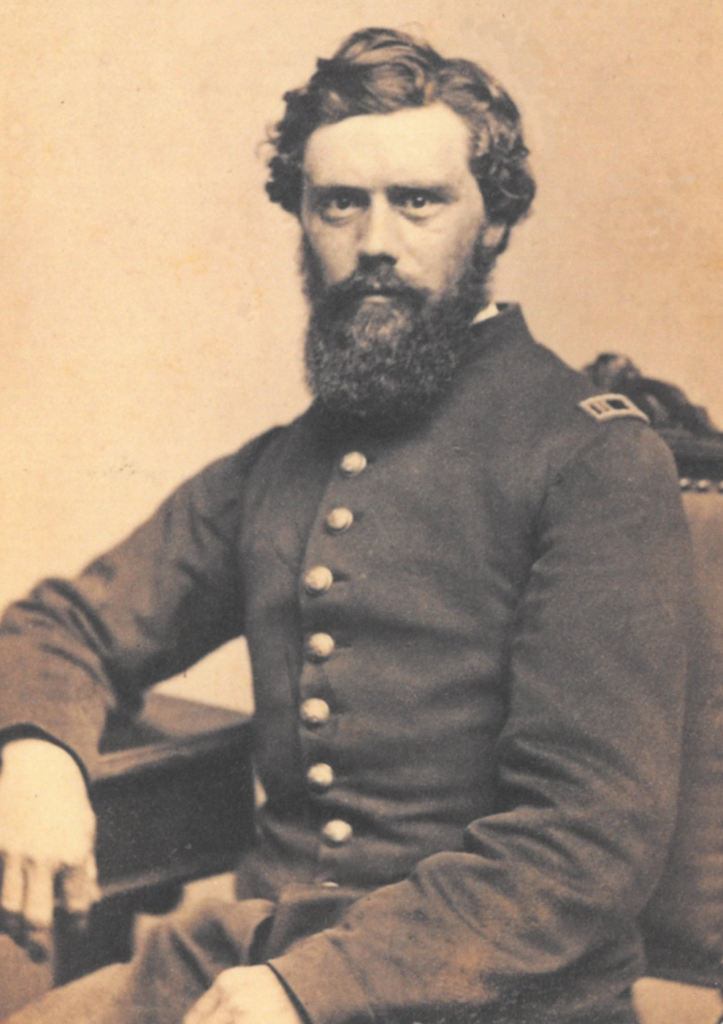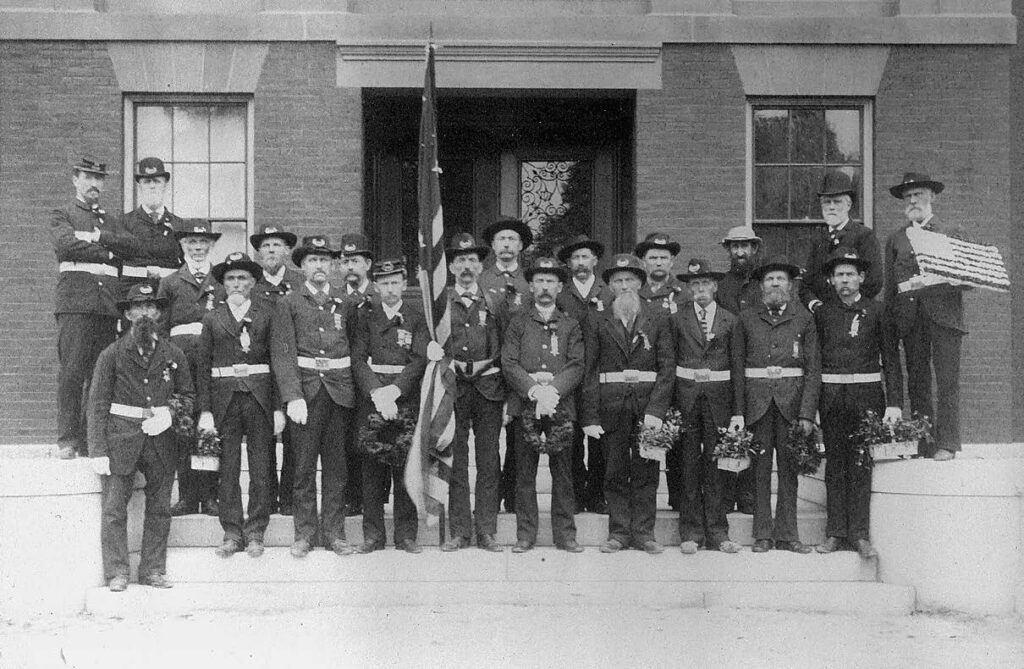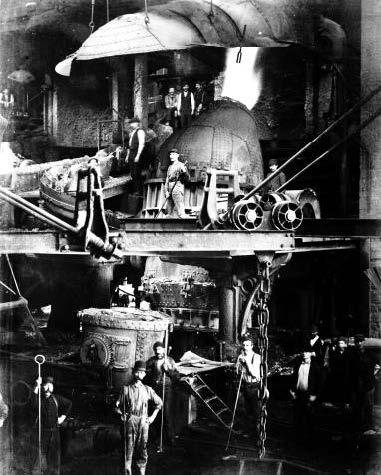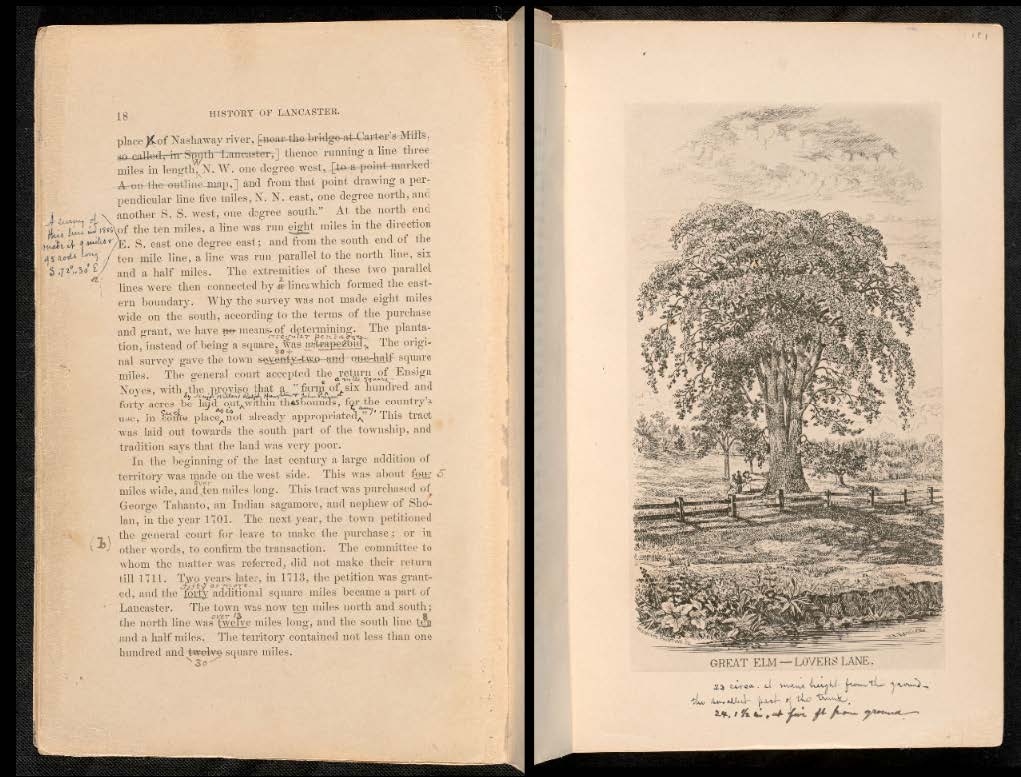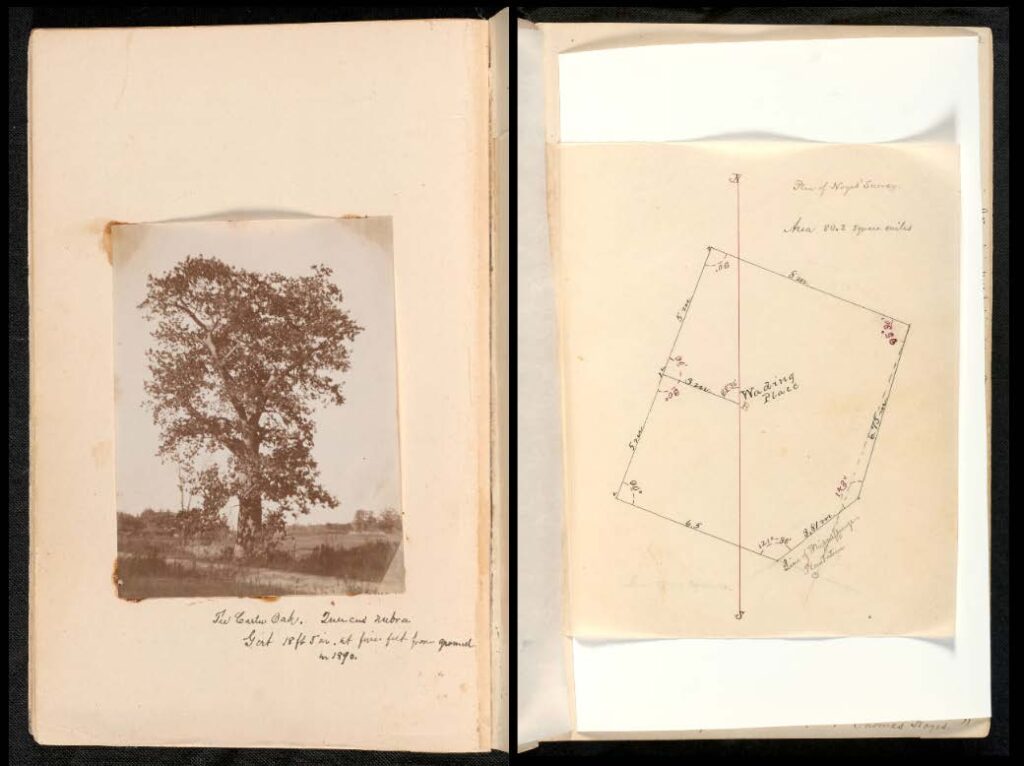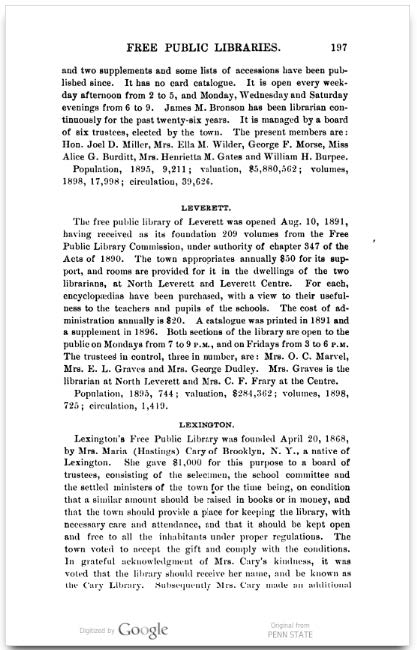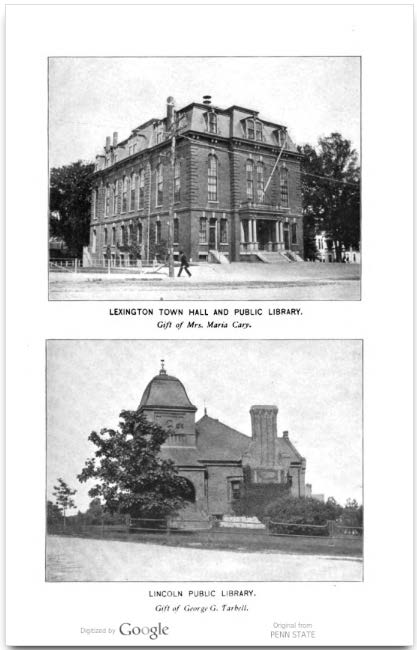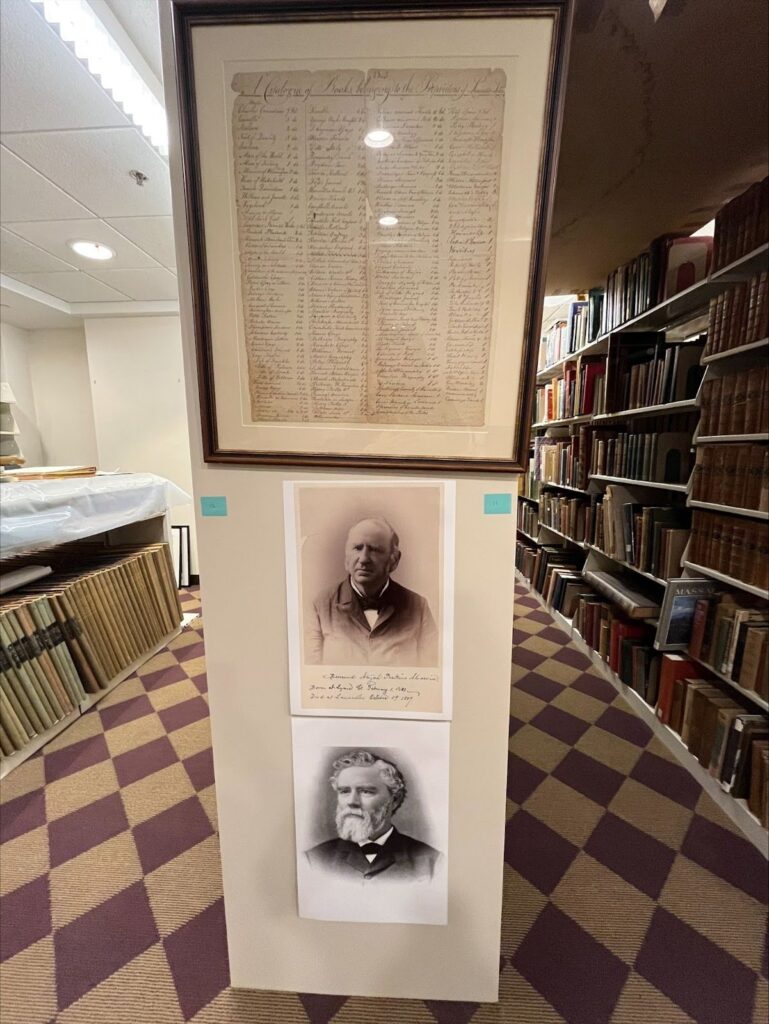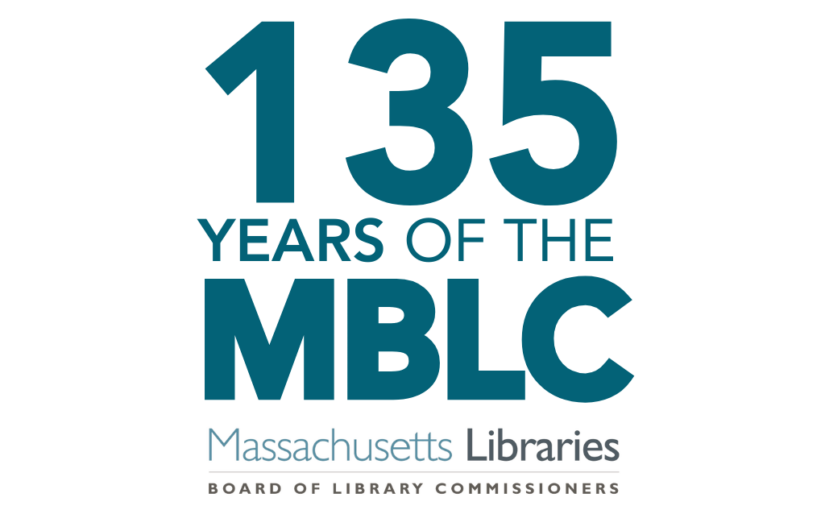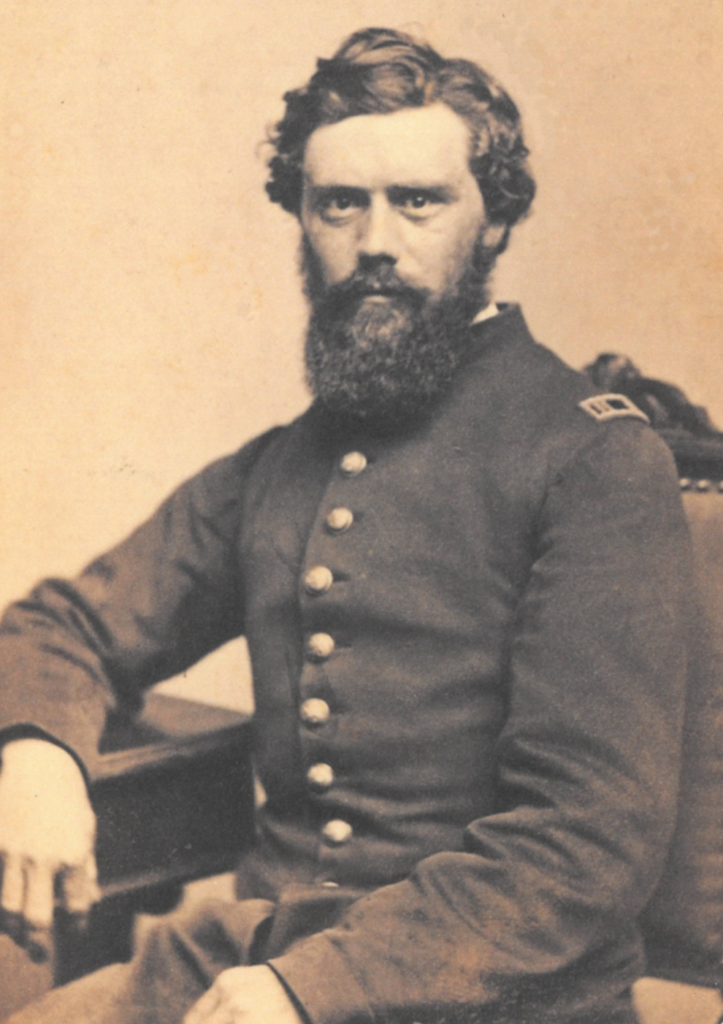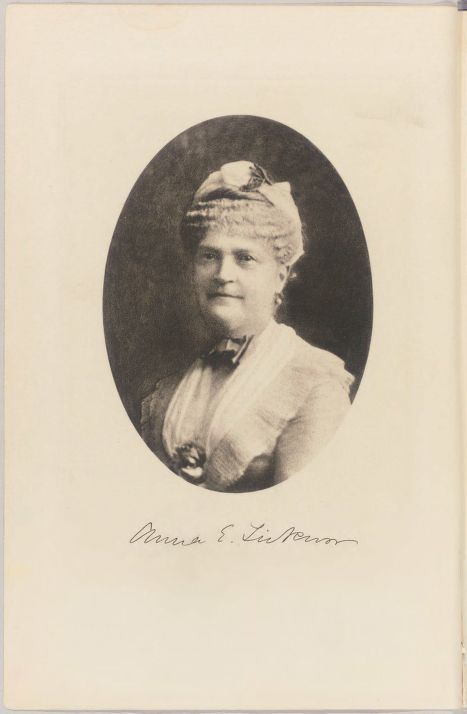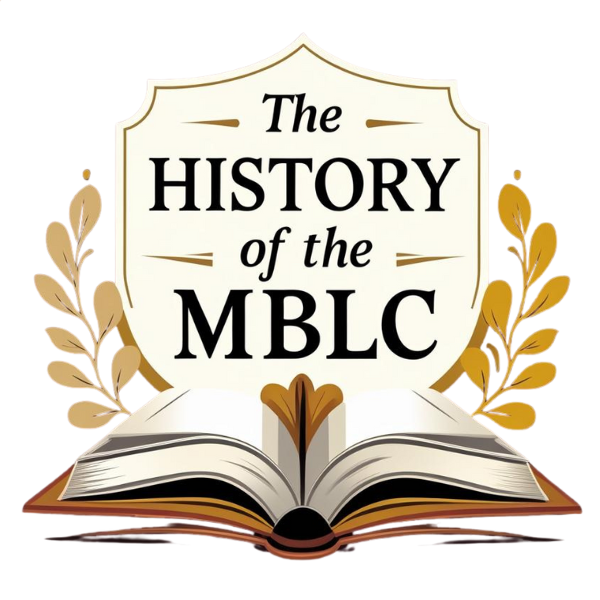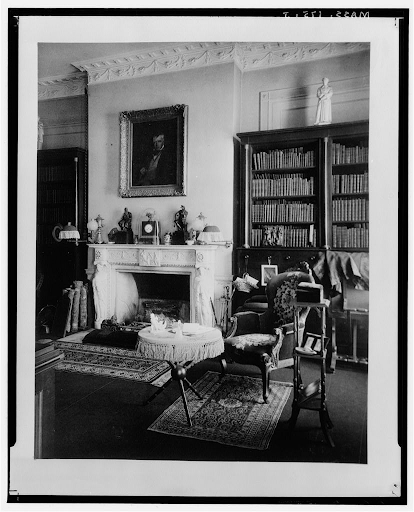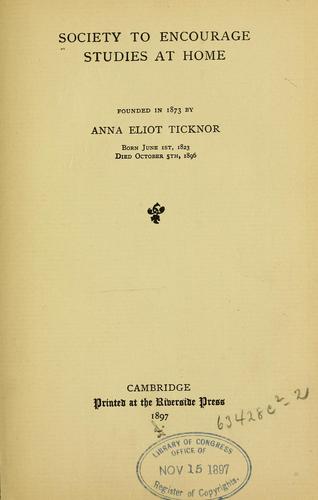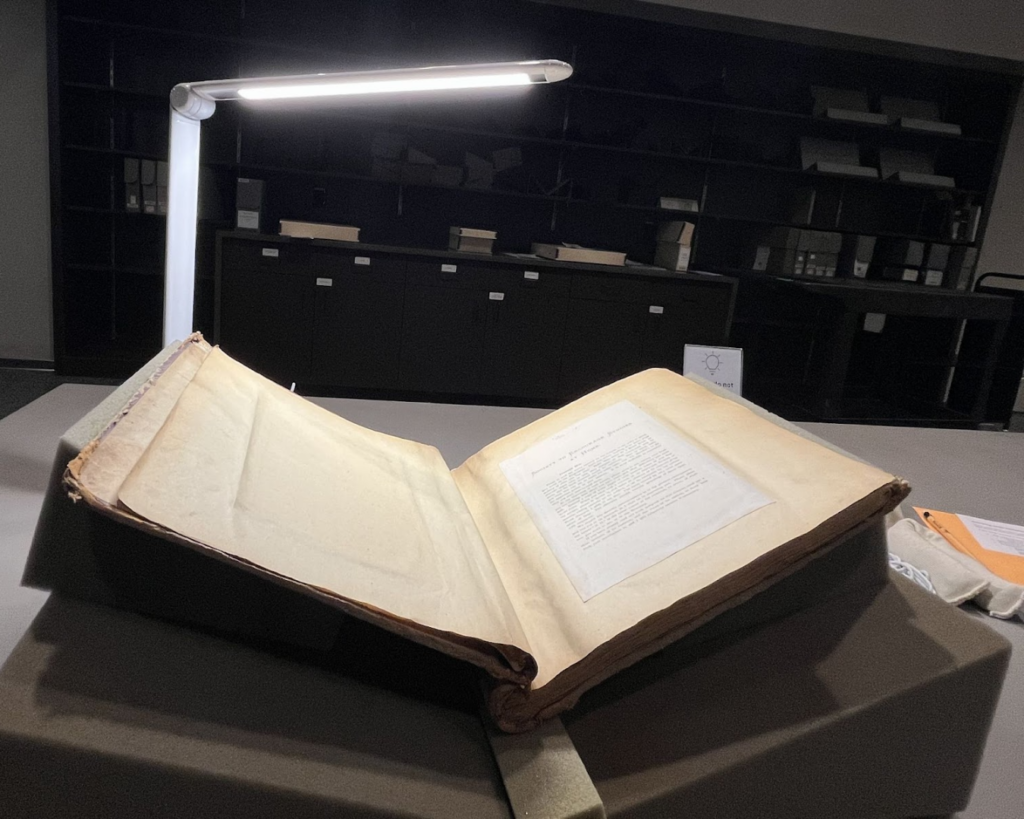In this edition, I’m going to use the frameworks I looked at from the Public Library Quarterly article from the last couple of posts to examine what’s happened in the past for library funding from municipalities and staffing and operate under the assumption that the statistical significance of this data holds as well.* So let’s dive in and see what the data discover!
Funding – Past & Present
It’s no secret that I am a big fan of going to the municipal pie as both an advocacy tool and for information on where libraries fit in for funding within their municipality. So it’s natural that when I was looking for what municipalities spent on their library pre-and during the Great Recession (using the same 3-year definitions from the Public Library Quarterly study that I used as the basis for my previous 2 posts), I went right to the source. Here’s what I found:
- Pre-recession (FY2006-08), municipalities spent an average of $612,850 on their libraries year-to-year
- Great Recession (FY2009-11), municipalities spent an average of $639,638 on their libraries year-to-year
- Municipal funding to libraries increased an average of 4.37% from pre- to Great Recession
More recently, over the last 3 years (FY2022, 2023, 2024) municipalities have spent an average of $920,418. The average from those last 3 years looks pretty promising. Libraries have gotten more money from their cities and towns! If we extrapolate with the pre- to Great Recession percentage increase, library funding might average about $960,650 each year for the next three years.
While objectively, an increase in funding of almost 44% over the course of 13 years looks positive from almost any angle, and assuming even a modest increase in funding during an economic downturn feels a bit like a win, this is only part of the picture. My favorite feature of the Municipal Pie is that it shows you what percentage of the municipal general fund a library receives. So let’s take a look at those numbers:
- Pre-recession, municipalities spent an average of 1.30% of their general fund on libraries each year
- In the Great Recession, municipalities spent an average of 1.28% of their general fund on libraries each year.
- So, the proportion of the total money that municipalities had available that was spent on libraries pre- to Great Recession actually decreased by 1.03%
The average percentage of available municipal funds that cities and towns spent on their libraries year-to-year over the past 3 years is 1.24%. So, while the dollar amount over the past 2 decades has increased to libraries somewhat each year, how much libraries were represented in the general fund went down. Another way to interpret this could be that while libraries received more dollars from their municipality, it was likely because the municipality’s general fund went up and the money was there to spend. But when decisions were being made about how much of that increased funding should go to libraries, the money going to libraries was not as much as it initially appears.
Staffing – Past & Present
It looks like the findings for library funds is a mixed bag. Let’s take a look at what kind of staffing libraries had for these same year brackets. Fortunately, ARIS has been keeps statistics on library staffing since at least 2006, so there is no gap in the data we can mine as we uncover the following info:
Pre-Recession, libraries had on average from year-to-year:
- 11.7 full time equivalent (FTE) employees
- 6.9 actual full time employees
- 10.1 part time employees
- A total of 17.0 full and part time employees
Great Recession, libraries had on average from year-to-year:
- 11.2 FTE employees
- 7.2 actual full time employees
- 9.8 part time employees
- A total of 16.6 full and part time employees
This works out to be a decrease in staffing of 2.35%. On the surface, these numbers make a certain amount of sense. It was a recession. Unemployment was up. Inflation was probably up as well, which means that even the modest increase in funding that libraries received probably was only enough (maybe) to cover an increase in costs. It seems almost encouraging that the average number of employees didn’t go down by a full position. But, like the funding discussed above, these numbers in isolation don’t tell the whole story.
Remember in a previous post how I broke down library usage in Massachusetts from pre-recession to the Great Recession? Here’s a refresh of those numbers:
- Circulation increased 12.5% during the Great Recession as compared to pre-recession numbers
- Attendance increased 32.4% during the Great Recession as compared to pre-recession numbers
If we take the numbers from ARIS that I quoted in that previous post, libraries in MA, on average, had 74 more people per day and circulated 45 more items per day during the recession than they had before the recession. Libraries did all of this while operating with slightly fewer staff than they did prior to the recession. To put this another way, during the Great Recession, libraries were put on a trajectory of “doing more with less,” with foot traffic and circulation increasing without a comparable increase in staff to support those changes. **
What about now?
What might this look like for libraries today? The current numbers we have for FY2022-24 are:
- 12.3 FTE employees
- 8.1 actual full time employees
- 9.4 part time employees
- A total of 17.3 full and part time employees
One of the first things I notice about this is that libraries are only just reaching pre-recession levels of staffing over the past couple of years, after almost 2 decades. Let’s recap what I calculated in my last post:
- Libraries are seeing, on average, 198 people per day
- Libraries are circulating, on average, 504 items per day
In the face of an economic downturn, libraries could see an average of 567 items being circulated daily and 263 people each day, using the same percentages calculated for pre- and Great Recession usage. Will libraries have the staff and funding to support those increases? Past data indicates that in the event we have a future economic downturn, libraries will be expected to “do more with less” once again. Mabe’s study also noted that library usage increased regardless of whether they received proportional budgetary support, so this appears to be a nationwide trend.
Libraries have been receiving smaller percentages of the potential municipal pie over the course of nearly 2 decades. Even in the event that libraries funding increases in dollar amount, based on evidence in the past, there is no guarantee that this will be enough to cover increase in expenses or staffing needs. Many costs are increasing nationwide and in Massachusetts , libraries are increasingly expanding their options in response to their communities’ needs. From libraries of things, more reliance on high-speed internet connections, adding social services and going fine free, libraries are adding services and removing barriers that can inhibit usage. Given these patterns, this is another opportunity to share information with your library advocates. You can encourage and help your advocates to put together a narrative that explains the realities of library work to present to municipal officials before budget negotiations begin. Libraries should have a seat at the table when funding is being determined and the sooner information is dispersed, the chances for a more favorable outcome increase.
* As a reminder this is a thought experiment to help provide a framework for potential projections by extrapolating numbers from the past. This does not mean that this is what WILL happen, but I would like to offer libraries to a basis that can be scalable to use for advocacy purposes in the event the need arises.
** The elephant in the room here when it comes to recent staffing numbers is obviously the 2020 global pandemic. Many libraries were forced to lay off workers, many of whom were part-time and/or not union represented. And even when libraries opened up again, many were not back to their full, pre-pandemic operating hours which means the incentive to hire back workers wasn’t particularly strong. And when libraries were operating more fully and getting back to pre-pandemic hours, bringing back part time staff wasn’t as appealing to many as being able to merge a couple of part time positions into a single full-time position that offered benefits and often a higher wage.
~ Al Hayden, MBLC Library Advisory Specialist

